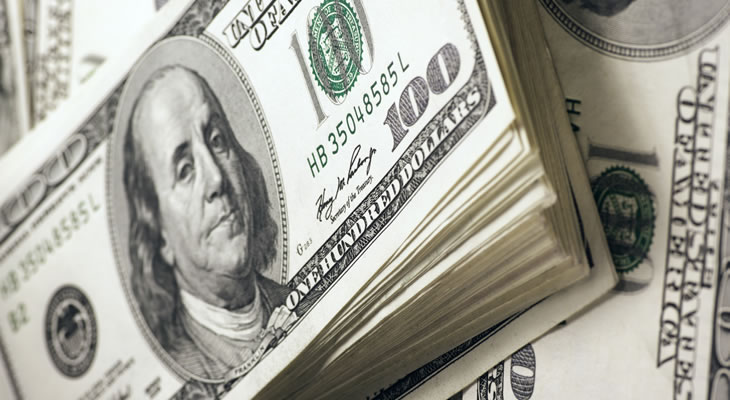Confidence in the Pound plunged ahead of the weekend, with investors spooked by a YouGov opinion poll which showed the Conservative lead narrowing to just five points.
This further reduced the odds of Theresa May securing a landslide victory in June, suggesting that the Tories may not achieve the significantly increased majority that markets have anticipated.
As a result the outlook for Brexit negotiations appears more fraught than previously thought, encouraging investors to pile out of Sterling at this juncture.
Jordan Rochester, strategist at Nomura, noted:
‘Sterling is likely to continue to be under pressure now until the election is out of the way, if polling continues to indicate it’s a tighter race. For the market the worst outcome is if we have further uncertainty with the chances of a hung parliament.’
After the disappointing downward revision of the first quarter gross domestic product the outlook for the UK economy does not appear overly positive.
Demand for Sterling could pick up, however, if May’s raft of PMIs points towards an improvement in domestic economic activity.
Of particular concern will be the services PMI, with a strong showing here capable of overshadowing any weakness in the manufacturing or construction PMIs, as the service sector remains the main engine of the UK economy.
If there are further signs of slowing, though, the Pound US Dollar exchange rate could be pushed towards fresh lows as Brexit and domestic politics continue to hang over the Sterling outlook.
With the Federal Reserve showing signs of returning to a more hawkish view ahead of its June policy meeting the mood towards the US Dollar has picked up somewhat.
As the political turmoil surrounding the Trump White House has eased, at least in the short term, the ‘Greenback’ regained some ground against the Pound.
Even so, USD exchange rates struggled to gain particular traction ahead of the latest US durable goods orders figure, which is forecast to show a sharp contraction on the month.
Weaker consumer demand could signal that the world’s largest economy is in a less-than-robust state at present, although this is unlikely to discourage speculation of an imminent Fed rate hike.
Greater importance is likely to be placed on next week’s non-farm payrolls report, even though the labour market is already considered to be near a state of full employment.
Any slowing in wage growth could deter bets for a June interest rate hike but anything short of a significant downside surprise is unlikely to significantly dent the US Dollar.
If the political situation in the US starts to heat up again, though, the GBP USD exchange rate could find a fresh rallying point.


Comments are closed.